Address
1st floor B Wing Dinath Terrace Lady Jamshedji Road Landmark : Opposite City Light Theatre, , Mahim, Mumbai, Maharashtra 400016
Work Hours
Mon to Sat: 3PM - 7PM
Overview | Treatment | Surgery | Precautions | After Surgery Care
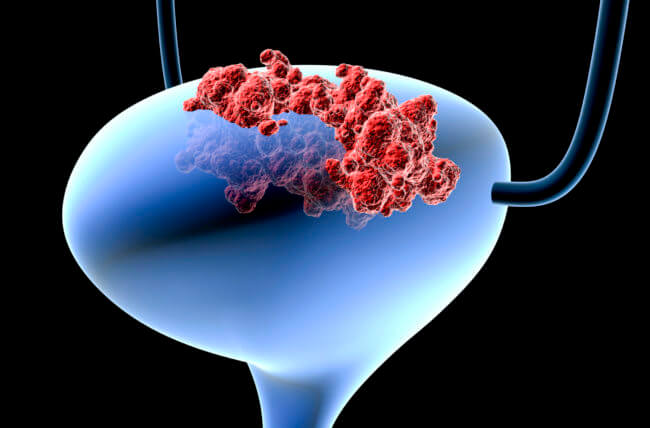
Bladder cancer is a common type of cancer that begins in the cells of the bladder. The bladder is a hollow muscular organ in your lower abdomen that stores urine.
Bladder cancer most often begins in the cells (urothelial cells) that line the inside of your bladder. Urothelial cells are also found in your kidneys and the tubes (ureters) that connect the kidneys to the bladder. Urothelial cancer can happen in the kidneys and ureters, too, but it’s much more common in the bladder.
Most bladder cancers are diagnosed at an early stage, when the cancer is highly treatable. But even early-stage bladder cancers can come back after successful treatment. For this reason, people with bladder cancer typically need follow-up tests for years after treatment to look for bladder cancer that recurs.
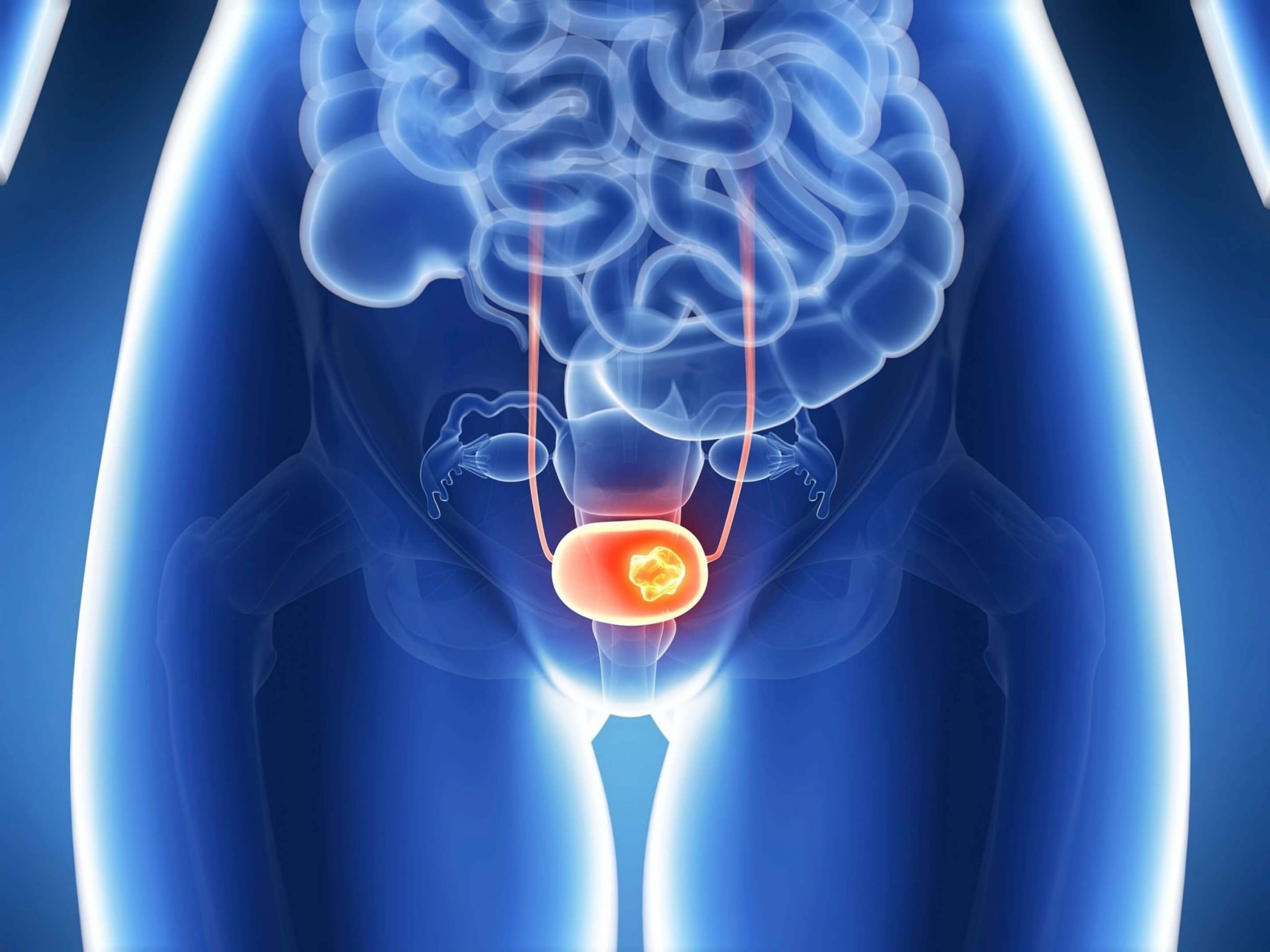
Different types of cells in your bladder can become cancerous. The type of bladder cell where cancer begins determines the type of bladder cancer. Doctors use this information to determine which treatments may work best for you.
Types of bladder cancer include:
Some bladder cancers include more than one type of cell.
Factors that may increase bladder cancer risk include:
Bladder cancer risk increases as you age. Though it can occur at any age, most people diagnosed with bladder cancer are older than 55.
Men are more likely to develop bladder cancer than women are.
Kidneys play a key role in filtering harmful chemicals from your bloodstream and moving them into your bladder. Because of this, it's thought that being around certain chemicals may increase the risk of bladder cancer. Chemicals linked to bladder cancer risk include arsenic and chemicals used in the manufacture of dyes, rubber, leather, textiles and paint products.
Smoking cigarettes, cigars or pipes may increase the risk of bladder cancer by causing harmful chemicals to accumulate in the urine. When you smoke, your body processes the chemicals in the smoke and excretes some of them in your urine. These harmful chemicals may damage the lining of your bladder, which can increase your risk of cancer.
Treatment with the anti-cancer drug cyclophosphamide increases the risk of bladder cancer. People who received radiation treatments aimed at the pelvis for a previous cancer have a higher risk of developing bladder cancer.
Chronic or repeated urinary infections or inflammations (cystitis), such as might happen with long-term use of a urinary catheter, may increase the risk of a squamous cell bladder cancer. In some areas of the world, squamous cell carcinoma is linked to chronic bladder inflammation caused by the parasitic infection known as schistosomiasis
If you've had bladder cancer, you're more likely to get it again. If one of your blood relatives — a parent, sibling or child — has a history of bladder cancer, you may have an increased risk of the disease, although it's rare for bladder cancer to run in families. A family history of Lynch syndrome, also known as hereditary nonpolyposis colorectal cancer (HNPCC), can increase the risk of cancer in the urinary system, as well as in the colon, uterus, ovaries and other organs.
Although there’s no guaranteed way to prevent bladder cancer, you can take steps to help reduce your risk. For instance:
Blood in your pee (urine) is the most common bladder cancer symptom. That said, simply having blood in your pee isn’t a sure sign of bladder cancer. Other conditions cause this issue, too. But you should contact a healthcare provider whenever you spot blood in your pee. Other bladder cancer symptoms include:
Visible blood in your pee (hematuria): Healthcare providers can also spot microscopic amounts of blood in pee when they do a urinalysis
Pain when you pee (dysuria): This is a burning or stinging sensation that you may feel when you start to pee or after you pee. Men and DMAB may have pain in their penises before or after peeing.
Needing to pee a lot: Frequent urination means you’re peeing many times during a 24-hour period.
Having trouble peeing: The flow of your pee may start and stop or the flow may not be as strong as usual.
Persistent bladder infections: Bladder infections and bladder cancer symptoms have common symptoms. Contact your healthcare provider if you have a bladder infection that doesn’t go away after treatment with antibiotics.
Tests and procedures used to diagnose bladder cancer may include:
After confirming that you have bladder cancer, your doctor may recommend additional tests to determine whether your cancer has spread to your lymph nodes or to other areas of your body.
Tests may include:
Your doctor uses information from these procedures to assign your cancer a stage. The stages of bladder cancer are indicated by Roman numerals ranging from 0 to IV. The lowest stages indicate cancer that’s confined to the inner layers of the bladder and that hasn’t grown to affect the muscular bladder wall. The highest stage — stage IV — indicates cancer that has spread to lymph nodes or organs in distant areas of the body
Bladder cancers are further classified based on how the cancer cells appear when viewed through a microscope. This is known as the grade, and your doctor may describe bladder cancer as either low grade or high grade:
In cancer care, different types of doctors—including medical oncologists, surgeons, and radiation oncologists, urologist, physician —often work together to create an overall treatment plan that may combine different types of treatments to treat the cancer. This is called a multidisciplinary team. Cancer care teams include a variety of other health care professionals, such as palliative care experts, physician assistants, nurse practitioners, oncology nurses, social workers, pharmacists, counselors, dietitians, physical therapists, and others
Treatment options for bladder cancer depend on a number of factors, including the type of cancer, grade of the cancer and stage of the cancer, which are taken into consideration along with your overall health and your treatment preferences.
Bladder cancer treatment may include:
A combination of treatment approaches may be recommended by your doctor and members of your care team.
Based on your treatment options, you might have different types of doctors on your treatment team. These doctors could include:
You might have many other specialists on your treatment team as well, including physician assistants, nurse practitioners, nurses, nutrition specialists, social workers, and other health professionals.
Screening is recommended if you are a man:
The most common warning sign is blood in your pee (urine). You should talk to a Doctor anytime you see blood in your pee.
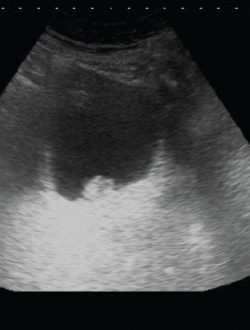
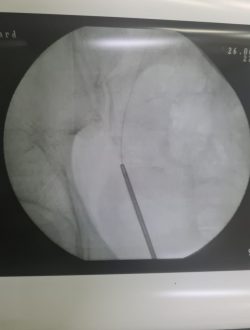
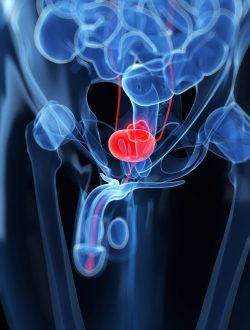
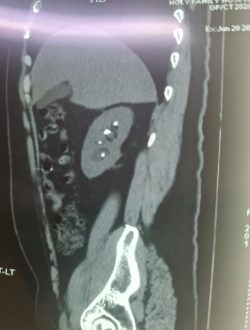
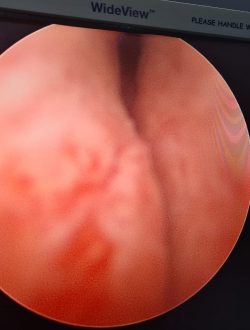
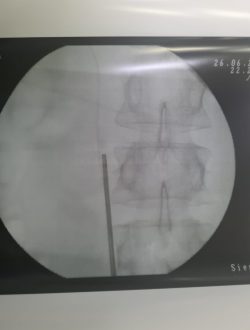
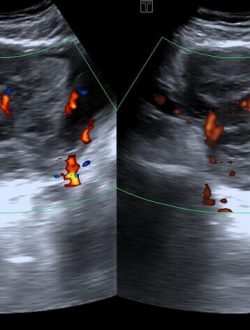
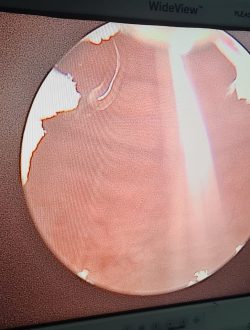
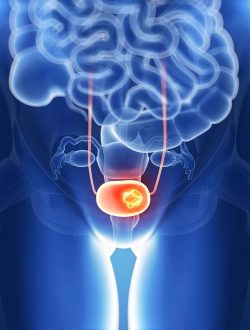
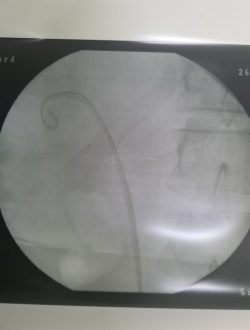
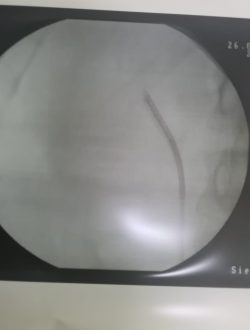
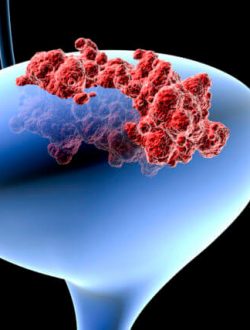
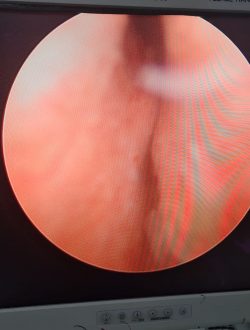
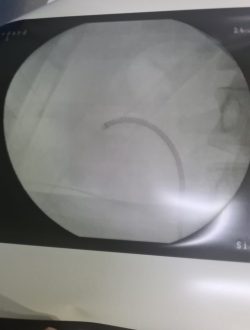
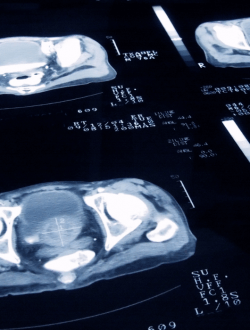
Dr. Utture is Outstanding Doctor who gave good treatment to my 75 years old mother who was suffering from Kidney problem and stomach ache since last 3 years.
Thanks to Dr. Utture
Regards
I have been treated by Dr Anand Utture for multiple kidney stones.He is very knowledgeable, gives right advice, easily approachable and explains in simple language the problem and course of treatment.Takes special care of his patients, truly dedicated doctor
Extremely grateful to Dr Anand Utture for his timely and accurate diagnosis for treating my mother (81 years) for her kidney stones.
very experienced urologist & has done correct diagnosis & treatment of My Grandmother(81 yrs) for kidney stones.













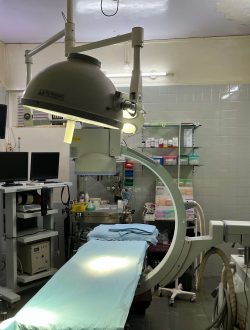


Not all bladder cancers will spread. But If it does it’s most likely to spread to the structures close to the bladder, such as the ureters, urethra, prostate, vagina, or into the pelvis.
Urinary tract infections and bladder cancer share many common symptoms. Therefore, if you have persistent UTI symptoms, it’s especially important to be evaluated by a urologist physician who can provide an accurate diagnosis.
Bladder cancer symptoms are generally the same for women as they are for men.
However, the most common symptom is blood in the urine, which is commonly mistaken for menstruation by women, and thereby overlooked. As men are more likely to notice blood in the urine, bladder cancer is often diagnosed earlier in men than in women.
Quality of life is a very important consideration when deciding what treatment options are best for you. For non-muscle-invasive bladder cancer, we generally treat with intravesicle therapy. But there are side effects of treatment: Burning pain with urination, frequency, urgency, blood in the urine. They also involve catheterizations and can be painful during administrations. For patients who have muscle-invasive disease, and they’re trying to decide between whether to do a cystectomy, which is complete removal of the bladder, or radiation therapy, there are a number of quality of life implications there as well.
Dr Anand Utture is a Senior Urologist who is internationally recognized for his surgical expertise and academic contribution to the field of Urology.
Book AppointmentMake an appointment with your doctor if you have any signs and symptoms that worry you.
Seek immediate medical attention if you experience:

